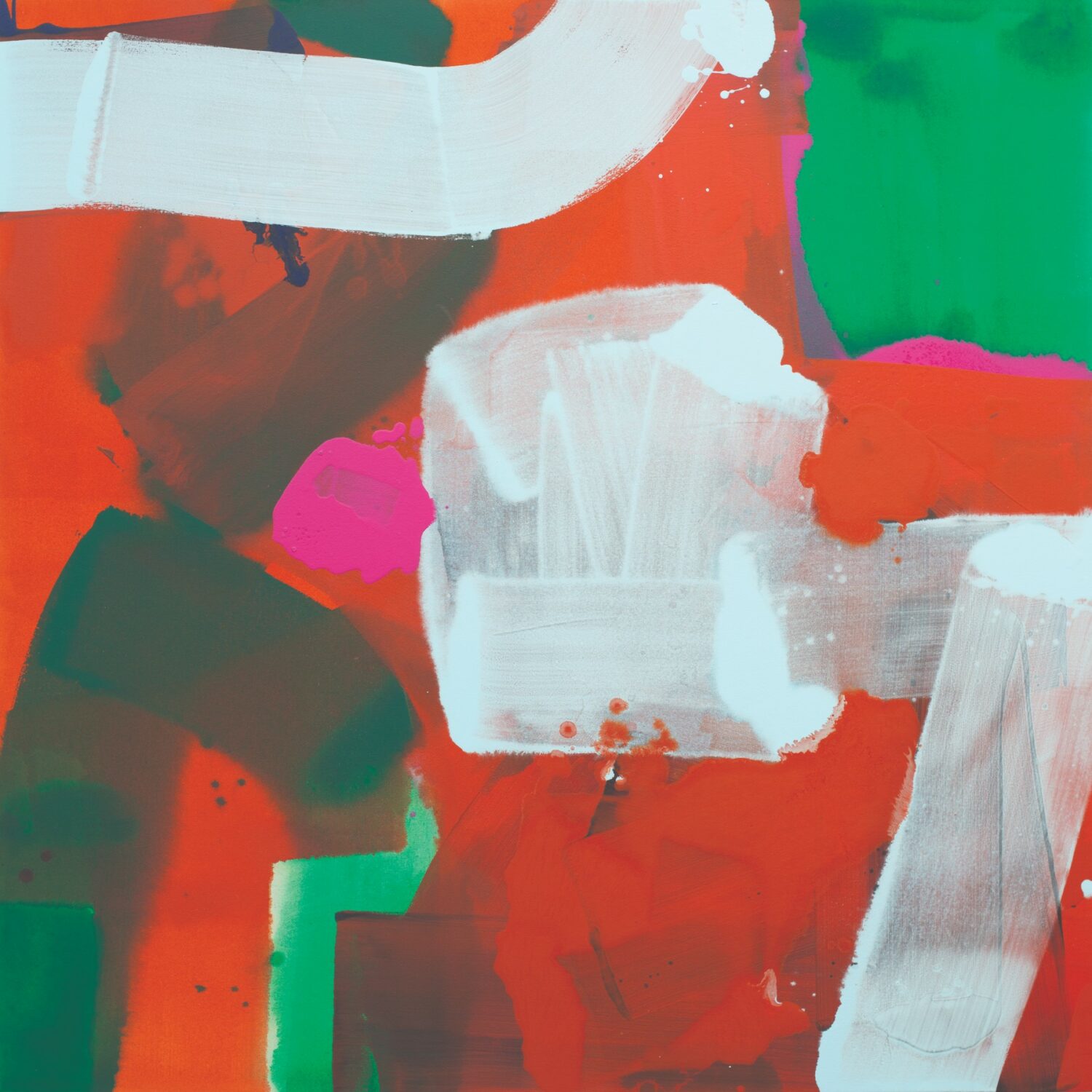Philip Selway returns with his second solo album, partnering with his musical heroes from Hannah Peel to Adrian Utley.
When Philip Selway approached some of his favourite musicians to play on his third solo record he said he imagined it as a Carole King record if she collaborated with the pioneering electronic composer Daphne Oram and invited him to drum on it.
Unsurprisingly they were all sold, and so began the bringing together of an extraordinary number of gifted people, including Hannah Peel, Adrian Utley, Quinta, Marta Salogni, Valentina Magaletti and Laura Moody.
Foregrounding this remarkable union of musical voices was 10 songs written by Selway at home on piano and guitar that show him at the height of his songwriting powers.
From the opening track, Little Things, we immediately hear a new sense of scale. Following the acoustic Familial, his first solo album, then Weatherhouse (slightly more fleshed-out, as he puts it, working with Adem Ilhan and Quinta), Strange Dance sees Selway using all the craft and learning he has gathered over the last decade of solo work outside of Radiohead.
This rich sonic broadness is constructed with a blend of strings, brass and synthesised sounds.
“The scale of it was very deliberate for me, from the outset,” he says. “I wanted the soundscape to be broad and tall but somehow get it to wrap around this intimate vocal at the heart of it”
This cinematic effect makes sense with Selway’s most recent creative work, including writing scores for the Rambert Dance Company’, and soundtracks for the films Let Me Go and Carmilla.
The richness of the record is augmented by Selway’s long-time relationships with musicians such as the cellist Laura Moody. and Quinta, a central figure in his work, and newer partnerships, such as with Adrian Utley. “There was a really lovely dynamic. Ideas happened easily. It was a really nice rapport between us all.”
The production by Marta Salogni is stunning: both sensitive and gleeful in its celebration of sound.
When they were recording at Evolution Studios, the abstract painter Stewart Geddes came down to soak up the atmosphere in the studio, and created a spectacular series of impressionistic paintings in response to the music, one of which is the album artwork.
Selway – known predominantly as one of the most well-known drummers in the world, playing in Radiohead for decades – actually “sacked” himself from the drums within a couple of hours of recording. Instead, Valentina Magaletti brought her “distinctive voice” to the drums and percussion. Another vital voice is the arrangements by Laura Moody which complement Salogni’s production. On What Keeps You Awake At Night, for example, the strings and synths spool out deliciously, in a meditative loop, taking the listening somewhere far away, and then six minutes in, a new texture appears, staccato-like rain drops adding to the whirl.
This sonic expressiveness is played beautifully by the LCO, conducted by Robert Ames, the Assemble Choir with arrangements by Juliet Russell, and the Elysian Collective.
As Strange Dance unfurls, it takes the listener through different weathers and seasons. Picking Up the Pieces is driven by the motorik pulse of Selway and Utley’s guitar before bursting into a voluptuous sunlit chorus. The Other Side is a graceful, shiver-giving ballad which melts into a sensuous middle eight.
Watch the music video for ‘Picking Up Pieces’:
“One of the things I’ve liked about this record is it’s me as a 55-year-old not trying to hide that fact,”
Each song carries varied and diverse shades and textures of emotion. Lyrically, it is artful. Selway has a gift at writing heartfelt lyrics which could relate to any number of human experiences.
“One of the things I’ve liked about this record is it’s me as a 55-year-old not trying to hide that fact,” says Selway. “It feels kind of unguarded rather than seeing that ageing process as something that needs to be hidden.”
And there is a buoyancy and warmth to the record; a sense of optimism and hope. “I wanted it to have that space so if you’re listening to it you can lose yourself in it,” he says. “Almost like a refuge.”
A few minutes into the album closer There’ll Be Better Days a new motif appears, as if a rainbow is appearing in the sky: rain and sun, hope and despair, life and death, and, in all of it, a celebration of the power of music, to accompany us all on this strange dance of life on earth.
Next In Next In
⇥ Julia Bardo’s Debut Album: An Intimate and Expressive Body of Work








